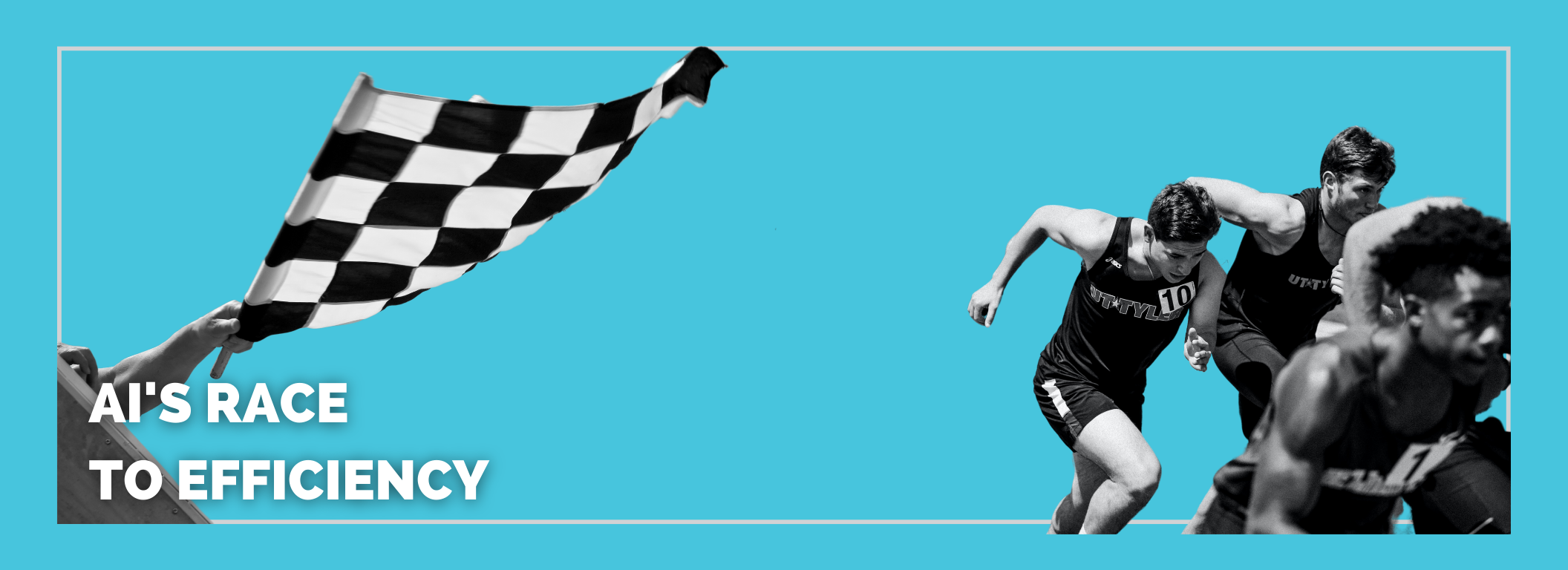AI has the power to optimize workflows and push the boundaries of efficiency. It is essential to remember, though, that AI is merely a tool, not a solution. The integration of AI into a business’s processes can be a double-edged sword. If your workflows are not primed for optimization, AI is useless at best and flat-out detrimental at worst.
Now don’t get me wrong, I am not opposed to utilizing AI at all. Last year, Candace Clark wrote a fantastic article about how AI is transforming the media industry. AI can, in theory, enormously boost productivity and performance, and the media industry is an excellent playground for us to experiment with these new tools.
AI has been moving beyond experimentation. Big names like Microsoft are making serious waves with it, from building chatbots to streamlining customer service. Check out everything they’re doing with Azure! And let’s not forget Apple – they’re using AI to personalize the user experience, which is another way to smooth out workflows. It helps them get to know their customers better and understand what they really want.
However, it’s not as easy as a well-crafted prompt. The way you utilize AI needs has to make sense with the way you’re running your business. You cannot rely on AI to create a new workflow or fix your current content pipeline, you can only add it into your toolbox.
Let’s use Canva as a non-AI example. Prior to Canva, graphic designers had to download content packs or make their own in a software like Adobe Illustrator before being able to use it in a social media post. Canva has made the graphic design process much more accessible and much more efficient, but it cannot create your content topics or pipeline for you. It is a tool in a graphic designer’s toolbox, but it is not itself a graphic designer.
AI tools function much the same way. Although these tools can certainly streamline some workflows, until we can develop an artificial intelligence that can reach its own conclusions rather than synthesize information, we remain limited by our own minds.
According to a 2022 Deloitte report, the cost of running AI can be a big stumbling block. Between infrastructure, maintenance, and managing data, there is a lot to consider for businesses wanting to get in on the AI action. On top of these, you also need to consider prompt engineering and creative direction to even tell the AI what kind of content you’d like it to create.
A carpenter is only as good as their tools. Just like a pro carpenter needs top-notch tools for a top-notch job, a kick-ass company needs well-arranged workflows to squeeze all the good stuff out of AI. A tool really shines when it’s used right and for what it’s meant for. A tool is most effective when used correctly and within the context for which it was designed.
So what’s the point of all this? AI technology is indeed an exciting ‘new toy’ in our toolkit, but it’s important to remember that it’s still a tool. I am personally incredibly excited to see this industry and these tools develop, but we do all have to be careful with how we use them.
I encourage you to look at the Gartner Hype Cycle, especially when considering implementing any new tech into your workflow. We rely on hype and trends to inform our buying and business decisions, but it remains important to contextualize our ever-changing opinions of technology.
